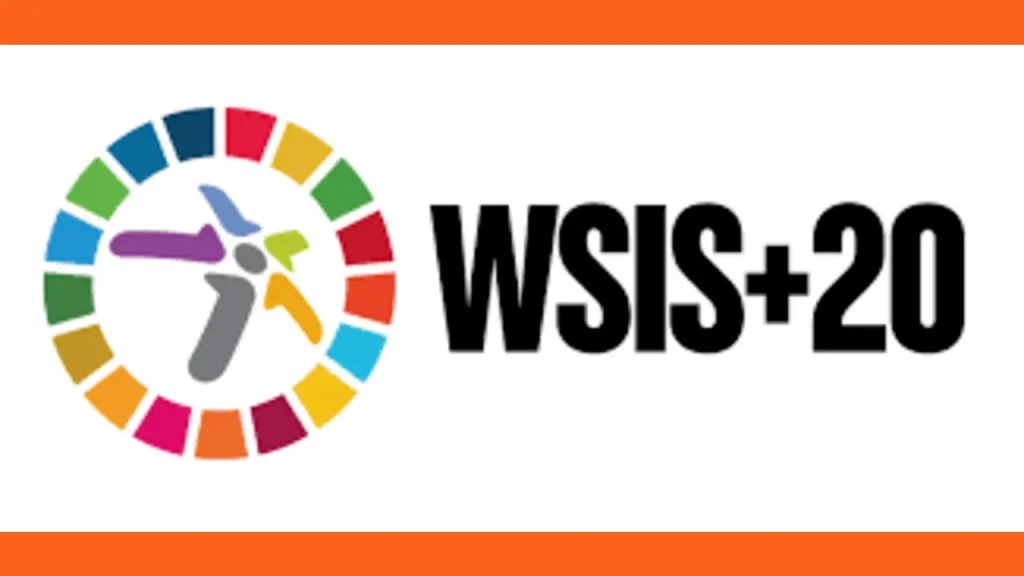- IAB calls for better representation of the Internet technical community in global digital governance frameworks.
- Submission criticises vague goals and emphasises the importance of architectural stability in policymaking.
What happened: IAB warns against sidelining Internet’s technical foundations
The Internet Architecture Board (IAB) has published its submission to the WSIS+20 stakeholder consultation process, part of the broader review of the World Summit on the Information Society (WSIS). The IAB criticised the consultation’s “elements paper” for lacking clarity in its vision and warned that broad political goals could marginalise the Internet’s technical foundations.
The submission, sent to the United Nations, reiterates the IAB’s position that global digital governance must reflect the contributions and expertise of the Internet technical community. It warns that while “connecting the unconnected” is a valid goal, the means of achieving it must align with the Internet’s layered and decentralised architecture. The IAB also stressed that technical bodies such as the IETF, RIRs and the DNS root system operators play critical roles in ensuring the Internet remains interoperable and scalable. The WSIS+20 process is part of the ongoing UN review of the WSIS outcomes, 20 years after its launch.
Also read: ICANN’s ‘failure’ and ‘hypocrisy’ highlighted by expert as WSIS+20 starts
Also read: IGF 2024 highlights collaboration for a shared digital future
Why this is important
The IAB’s intervention is notable amid growing efforts by states and international organisations to influence Internet governance through broader multilateral frameworks. As previously seen, this sometimes shifts focus from decentralised, technical stewardship to state-led or top-down policymaking. The IAB takes a clear stance against this trend, arguing that “values-based” goals, if not rooted in architectural reality, can undermine the Internet’s functionality.
By insisting on greater participation from the technical community, the IAB is challenging a process that risks sidelining the very engineers and operators responsible for the Internet’s stability. This position is shared by other actors such as the Internet Society and regional technical bodies like APNIC, which have raised similar concerns. As the WSIS+20 review progresses toward a high-level meeting in 2025, how these debates unfold may shape whether governance structures continue to support a unified, global Internet — or fragment into politically influenced silos.

